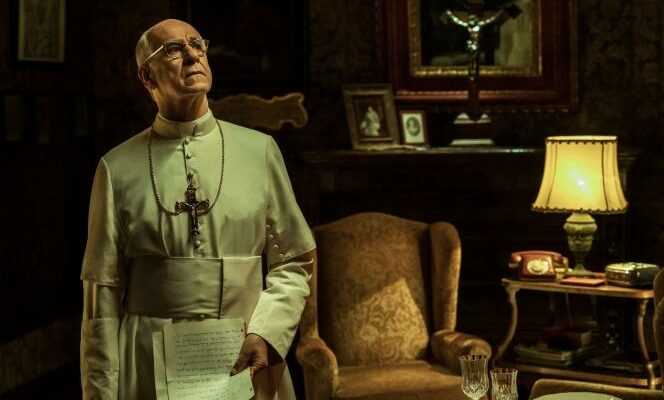OFFICIAL SELECTION – CANNES PREMIÈRE
In 2003, Marco Bellocchio, whose work has been carrying out a psychoanalysis of contemporary Italy since the 1960s, delivered with Buongiorno, note his own variation on the assassination of Aldo Moro by the Red Brigades on May 9, 1978. A murder that marked the climax of the years of lead and one of the deepest political crises that the country has known. In this splendid nocturne, the filmmaker imagined, from the point of view of the terrorist organization, a secret agreement between the statesman kept in captivity and his young corporal jailer, whose certainties wavered at his contact. Twenty years later, the great 82-year-old Italian filmmaker has still not finished with this traumatic episode, which constituted for the entire Italian left a scene equivalent to what psychoanalysis calls the “murder of the father”. Bellocchio does it again in the extended form of a six-episode miniseries shot for RAI, and presented on the Croisette in the “Cannes Première” section in a five-hour montage.
Esterno note takes up the same events, but this time captured from another angle, which the venerable director himself presents as the “countershot” of Buongiorno, note. Privilege of the series: its duration, which allows it to go into detail, to decline all the historical forces present, to contextualize with precision the political moment when such a crime could have occurred. This was the so-called “historic compromise” moment, named after the agreement aimed at unifying the two major parties that had until then structured Italian political life, namely Christian Democracy and the Communist Party (34% of the vote in the elections of 1976), respectively chaired by Aldo Moro and Enrico Berlinguer.
When the story opens, at the beginning of 1978, Moro (Fabrizio Gifuni), a great architect of this rapprochement, comes under fierce disputes and resistance from his own camp, some seeing with a very dim view the entry of Communists in government. We are in the midst of the Cold War and Moro’s gesture of openness arouses mistrust both from the American secret services, who have the attentive ear of the Minister of the Interior Francesco Cossiga (Fausto Russo Alesi), and from extreme youth left, finding there a new reason for radicalization.
Incredible fictional richness
Aldo Moro was kidnapped on March 16, 1978, in the heart of Rome, by a brigadist group which stormed the convoy escorting him by car with submachine guns, coldly eliminating his bodyguards. He will be sequestered for fifty-five days in a reduced, before his body is found in the trunk of a car, killed by twelve bullets fired in the chest. This period during which the kidnapped democrat remained alive, without the state apparatus having succeeded in saving him, is the one obsessively surveyed by Esterno noteforwards and backwards, diffracting the situation through the prism of six different points of view, which each of the six episodes illustrates.
You have 42.86% of this article left to read. The following is for subscribers only.
